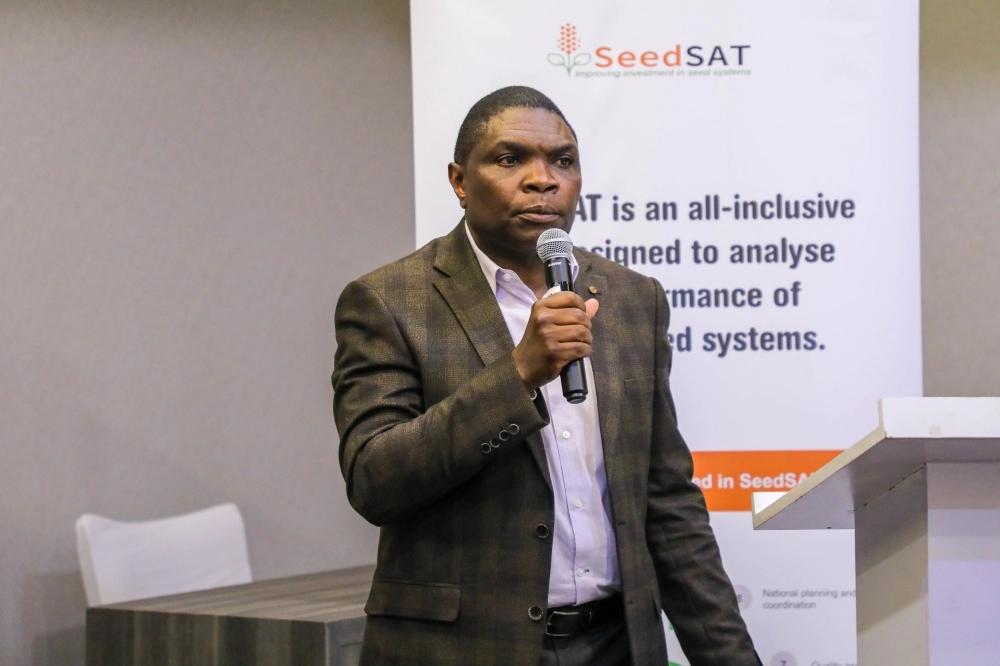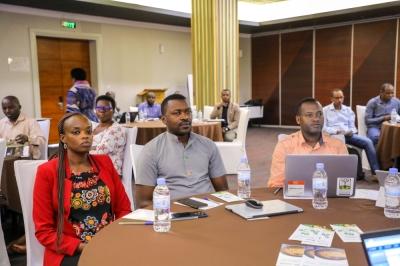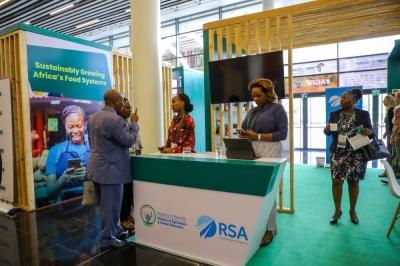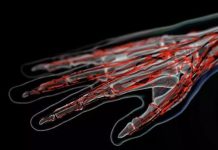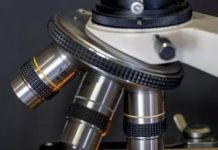Africa-Press – Rwanda. The AGRA Seed Systems Assessment Tool (SeedSAT) is an inclusive, diagnostic tool purposed to provide a thorough assessment of where national seed systems stand relative to existing best-practices.
The assessment is a collaborative process involving key permanent actors in respective African countries of focus for AGRA, to identify challenges, weak areas of performance through data and evidence-based approach. The SeedSAT assessment results will enable stakeholders to design strategies and solutions, which are intended to make the national seed systems robust for improved agricultural productivity and food security, officials have said.
AGRA made these observations on Wednesday, September 28, in Kigali, during the Rwanda Seed System Stakeholders socialisation meeting on SeedSAT that brought together key representatives from the government, seed research, private sector, farmer association, input dealers associations among others.
“Basically, it is an assessment tool we are looking at here to assess the national seed system, come up with the gaps identified, then recommendations and see how we can invest to improve those areas we have found have got issues,” said Dr. Francis Mwatuni, SeedSAT Program Manager, AGRA.
It is a component of the Alliance for Green Revolution in Africa (AGRA)’s Centre of Excellence for Seed Systems in Africa (CESSA).
CESSA – the continent’s first center of excellence in Seed Systems aims at providing several offerings towards improving seed systems in Africa. CESSA was unveiled in 2021 and is to be operationalized in 2023.
SeedSAT presents an analytical framework on seed system performance, divided into eight thematic essential and interrelated thematic areas. They include breeding, variety release and maintenance; early generation seed; quality commercial seed production; farmer awareness participation; seed markets and distribution; policy, legal and regulatory environment; quality assurance; and national planning and coordination.
In terms of access to finance, CESSA will lobby for investments into African seed systems based on SeedSAT assessment results, developed national seed systems strategy and investment plans.
Talking about Africa’s current seed sector situation, Dr. Mwatuni said that there is quite some improvement in operations of seed systems in Africa, giving an example of Rwanda, “where we have seen improved number of new seed companies which are local, coming into the production of quality seeds and following all the national and international procedures for quality commercial seed production.”
But, against these improvements, Dr. Mwatuni said there are also some issues that are still affecting the operations of seed systems.
These issues include uncoordinated activities in the seed systems in Africa and at national levels, poorly informed seed strategies or planning, fake or poor-quality seeds sneaking into the supply chain and inflicting losses on the farmers, and weaknesses in seed production for some crops like horticulture.
“We need to step up our game in areas we believe are not functioning very well, and that’s why we are pushing this agenda of SeedSAT, and eventually of CESSA,” he said, adding that the tool seeks to leverage technology to protect farmers from falling victims of fake seeds.
“With this initiative and others that are based on seed, we are envisaging that we will have farmers accessing high quality seed that has potential for high productivity in terms of yield,” he pointed out.
Daniel Rwebigo, the Seeds and Fertilizers Division Manager at the Rwanda Agriculture Board (RAB), said that Rwanda registered progress in terms of seed system development, which made the country stop importation of three crop seeds, namely maize, wheat, and soybean, as it produces enough of them. This development, he said, was possible thanks to the contribution from the Government and partners such as AGRA.
“It was until 2020 that Rwanda was dependent on imports for its seed needs. This was mostly for three key food security crops including maize, wheat, and soybean,” said Mr. Rwebigo, indicating that the country was spending around Rwf 7 billion annually on importing more than 3,500 tonnes of those seeds.
“You could understand the risks involved [if a country is just depending on other countries to source these key important inputs – the seeds]. We are living in regions of political instabilities, regions climatic disasters including recurrent droughts, floods, pests and diseases. So, we have in fact productive systems that are not that sustainable,” he said.
Currently, the country is self-sufficient in these three crops hence saving money, jobs as well as investments into its agriculture sector.
The need to develop our food systems
Dr. Mwatuni said that most of the vegetable seeds grown in Africa are solely imported from outside of the continent.
“And these are areas that our national seed systems can look into so that we can build capacity on how we can improve local production of vegetable seed and many [other] horticultural crops,” he said, indicating that for staple food crops like maize, beans, potato, and cassava, there is some working mechanisms of producing those seeds locally.
“And so, if we can be able to get high productivity, then we will contribute towards reducing the dependency of many African nations to get food from outside Africa,” he observed.
Rwebigo said there is a need to support the development of other crops, especially horticulture.
“Today, Rwanda is aware that horticulture is the commodity that has comparative advantage in terms of profitability, and considering Rwanda’s [small] size, and even the premium prices attracted by horticulture products,” he observed.
“So, we still have a very huge gap in terms of horticulture seed system development, and we believe that we cannot develop our horticulture system without having quality seed systems,” he said.
SeedSAT has been successfully implemented in six countries namely Ethiopia, Nigeria, Kenya, Uganda, Malawi and Ghana.
Now, it is in its third phase, involving four countries–which include Rwanda, Burkina Faso, Mali and Mozambique where the SeedSAT assessments will be concluded by the end of November 2022.
About AGRA
Established in 2006, AGRA is an African-led and Africa-based institution that puts smallholder farmers at the centre of the continent’s growing economy by transforming agriculture from a solitary struggle to survive into farming as a business that thrives. Together with our partners, we catalyse and sustain an inclusive agricultural transformation to increase incomes and improve food security in 11 countries. More information can be found on our website.
For More News And Analysis About Rwanda Follow Africa-Press

